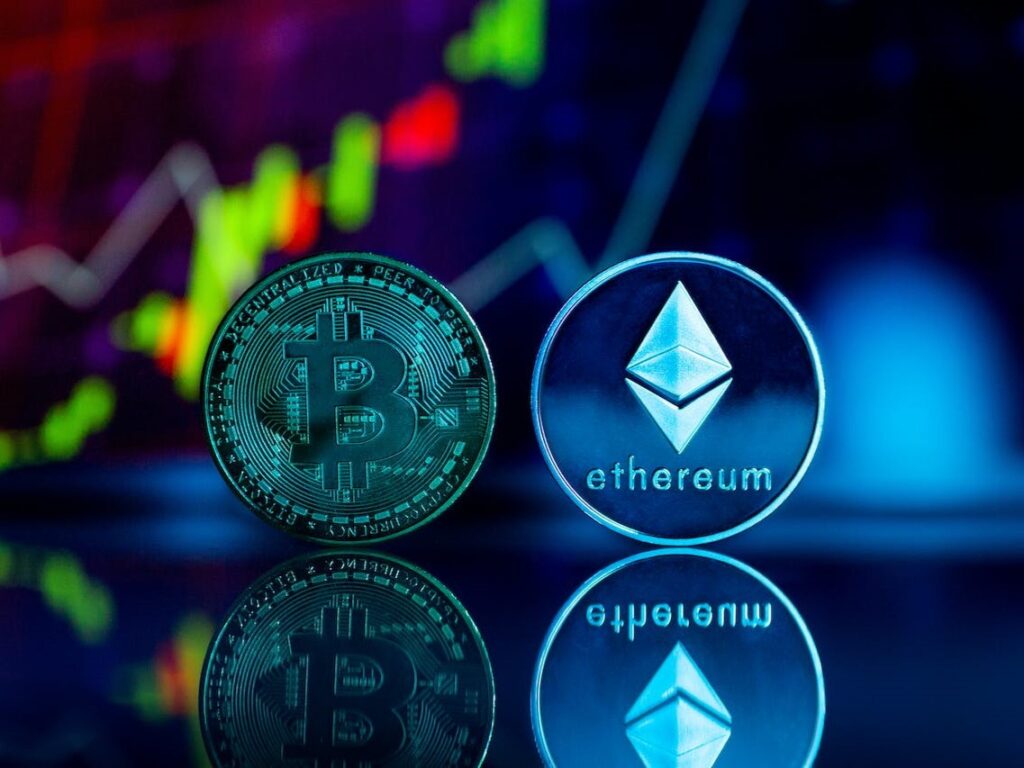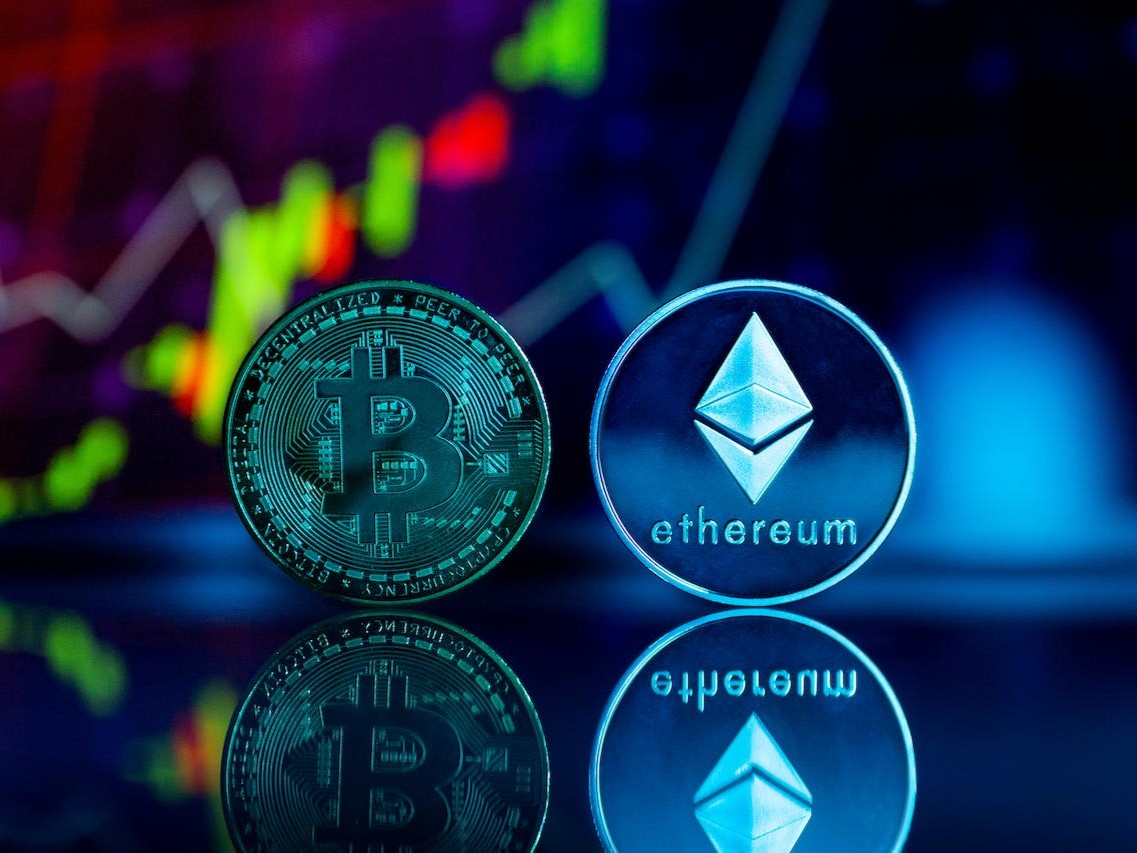Wallets, cold, hot, dApps, DAO, DEX, SoFi, crypto exchange. There are so many terms in the web3 and crypto world it can get confusing, especially if you’re not well-versed in the scene.
“Not your keys, not your coins” is a valid statement often shared across the space, but what does it mean? More specifically, what does it have to do with a crypto exchange and what are they for?
Slow down. These are valid questions, albeit numerous and we will take some time today to answer each one. Let’s get started.
Basic Crypto with the Beasts: What is a crypto exchange?

The first thing we need to explore and understand is a crypto exchange. In the simplest of terms they are a marketplace where buyers and sellers can trade cryptocurrencies.
Wait, can’t you trade cryptocurrency using a wallet? Well, yes and no, but also, not exactly. With a wallet like MetaMask or Coinbase Wallet, you can swap cryptocurrencies, buy, sell, trade, or transfer, but not in the way you can on an exchange.
There are three types of exchanges: centralized, decentralized, and hybrid. But there are other places where you can trade crypto. You can also use investing apps, like Webull Pay or Robinhood, payment apps like Paypal, or peer-to-peer platforms where you buy and sell through other small investors like yourself.
Typically, you connect to a crypto exchange by syncing your wallet, which holds crypto, or by sending cryptocurrency directly to a wallet managed by the exchange. With Coinbase, for example, you have a separate wallet for each type of cryptocurrency, and you either have to buy more directly on the exchange or transfer some from an existing wallet to the corresponding Coinbase address.
Unlike a wallet you manage, you cannot access the recovery or backup keys for the exchange wallets. That’s precisely where the “not your keys, not your coins” saying comes from.
How does a crypto exchange work?
As mentioned, you will have separate wallets or addresses on the exchange for each currency. Coinbase, Kraken, and Binance, all work this way.
You’ll have a separate address for Bitcoin (BTC), Ethereum (ETH), Dogecoin (DOGE), Litecoin (LTC), and so on. You can buy the currency you want directly from the exchange using fiat (USD, etc.) or transfer in currencies you own from another wallet.
You can also trade cryptocurrencies for fiat and then send that money to a bank account, which is called off-ramping. But it’s also a way to capitalize on crypto trading. The downside of doing this is that there are tax implications for selling, trading, and swapping cryptocurrencies.
Exchanges work similar to stock brokers with one major exception. They operate 24/7 with few, if any, downtime hours.
The main types of crypto exchanges:
Centralized Exchanges – Centralized exchanges utilize a third party to conduct transactions as a form of security. They work more like traditional brokers (with a broker > money maker structure).
Decentralized Exchanges – Decentralized exchanges (DEX) operate without any third parties. They’re often open-source and allow users to trade via peer-to-peer channels.
Hybrid Exchanges – These exchanges offer the best of both worlds with centralized and DEX options, particularly regarding security.
How to trade on a crypto exchange
Like the stock exchange and working with brokers, you can place a buy or sell order at any time on various cryptocurrencies.
Note that exchanges do not set the prices. They follow the market, and while most reflect real-time pricing, not all do — some are delayed.
You pay a fee to trade, along with any required gas prices. You should always factor in that when making trades and hoping to reel in a profit.
Manage your funds wisely
One thing generally recommended by the entire crypto community is not to leave your coins or crypto on an exchange for an extended period. If you’re going to store your crypto or “hodl,” as most would say, it’s best to use a cold wallet.
There are several reasons for this. The most pertinent is that you have no control over the recovery of set addresses and funds. For example, if the exchange is compromised, nefarious parties could drain the wallet quickly. Yes, this can happen with a cold wallet if you’re not careful, but it would be primarily your fault for sharing the passphrase or recovery keys — not someone else managing the accounts.
Also, if the exchange goes down, for whatever reason, you cannot access the funds you have stored in exchange wallets. Keeping only what you’re actively trading on the exchange is best. It would be best if you held everything else in a cold wallet.


